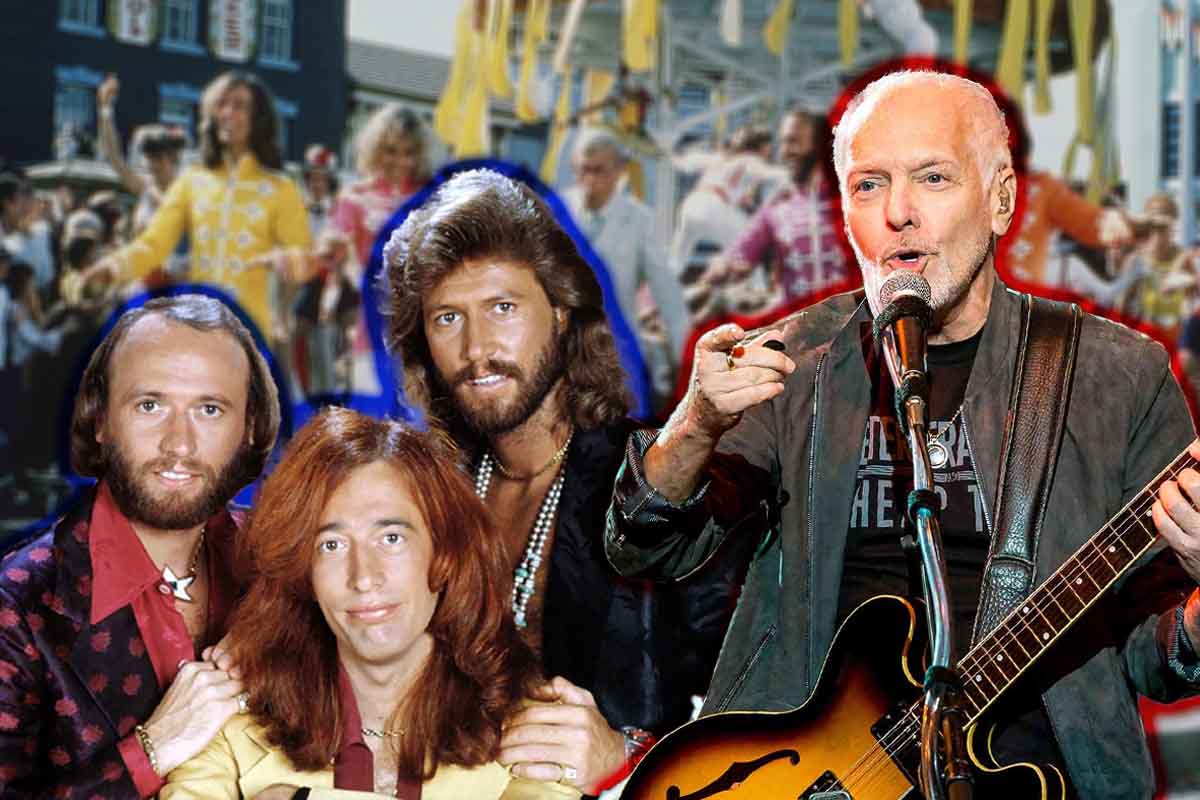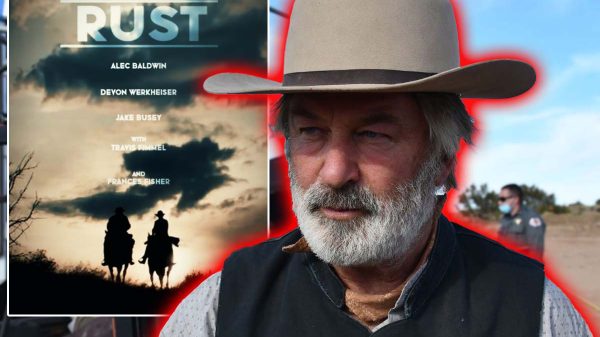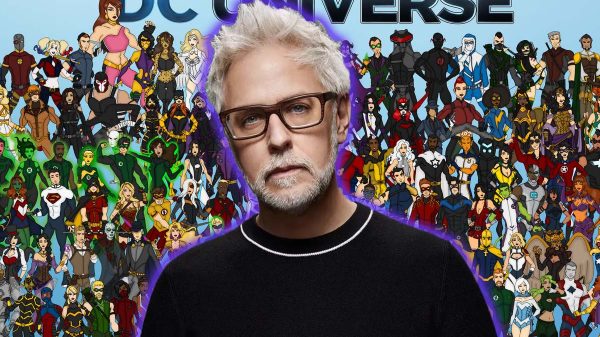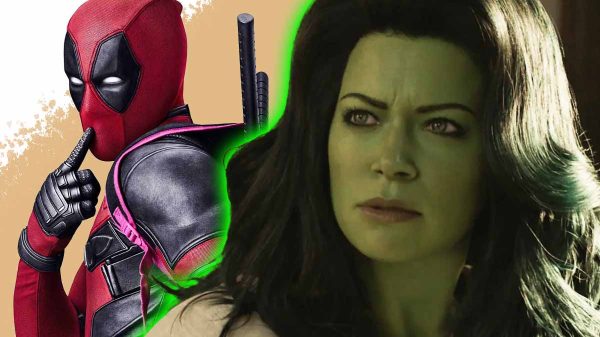It’s hard to imagine a time when the Bee Gees, Peter Frampton, and the Beatles‘ Sgt. Pepper’s Lonely Hearts Club Band all collided in one disastrous film project. Yet, in 1978, that’s precisely what happened. In an era when disco ruled the airwaves and musical adaptations were all the rage, a group of creative minds came together to produce what they thought would be a box-office smash. However, the result was anything but successful. The film adaptation of the Beatles’ classic album, ‘Sgt. Pepper’s Lonely Hearts Club Band,’ was an overwhelming flop that left audiences and critics scratching their heads.
In this article, we’ll take a closer look at the movie that seemed destined for greatness but ultimately crashed and burned. From its ambitious beginnings to its cringe-worthy execution, we’ll explore the factors that contributed to the downfall of this star-studded project. So, buckle up, and let’s take a trip back to the ’70s to unravel the truth behind the Sgt. Pepper’s Lonely Hearts Club Band movie.
The Emergence Of The Idea
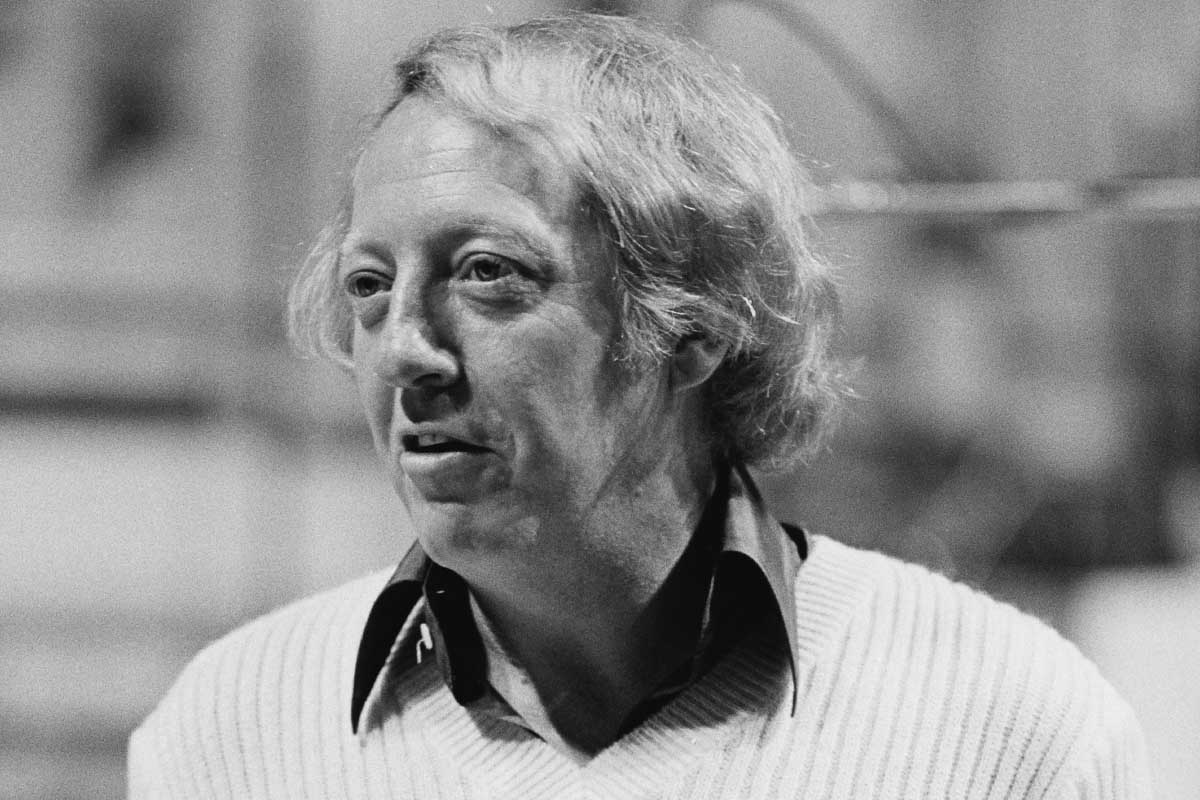
The concept for the Sgt. Pepper’s Lonely Hearts Club Band film can be traced back to producer Robert Stigwood, who had previously found success with musical blockbusters like ‘Saturday Night Fever’ and ‘Grease.’ Hoping to capitalize on the Beatles’ enduring popularity, Stigwood secured the rights to the band’s songs and approached the Bee Gees with the idea of adapting the album into a movie. The Brothers Gibb, eager to ride the wave of their recent disco success, agreed, and Peter Frampton was brought on board as the lead.
With an iconic album as its foundation, the film had enormous potential. But things took a sharp turn when the screenplay, penned by Henry Edwards, strayed significantly from the Beatles’ original concept. Instead of a straightforward adaptation, the movie became a convoluted mess, with a loose narrative that barely held the musical numbers together.
Contribution Of Many Talents
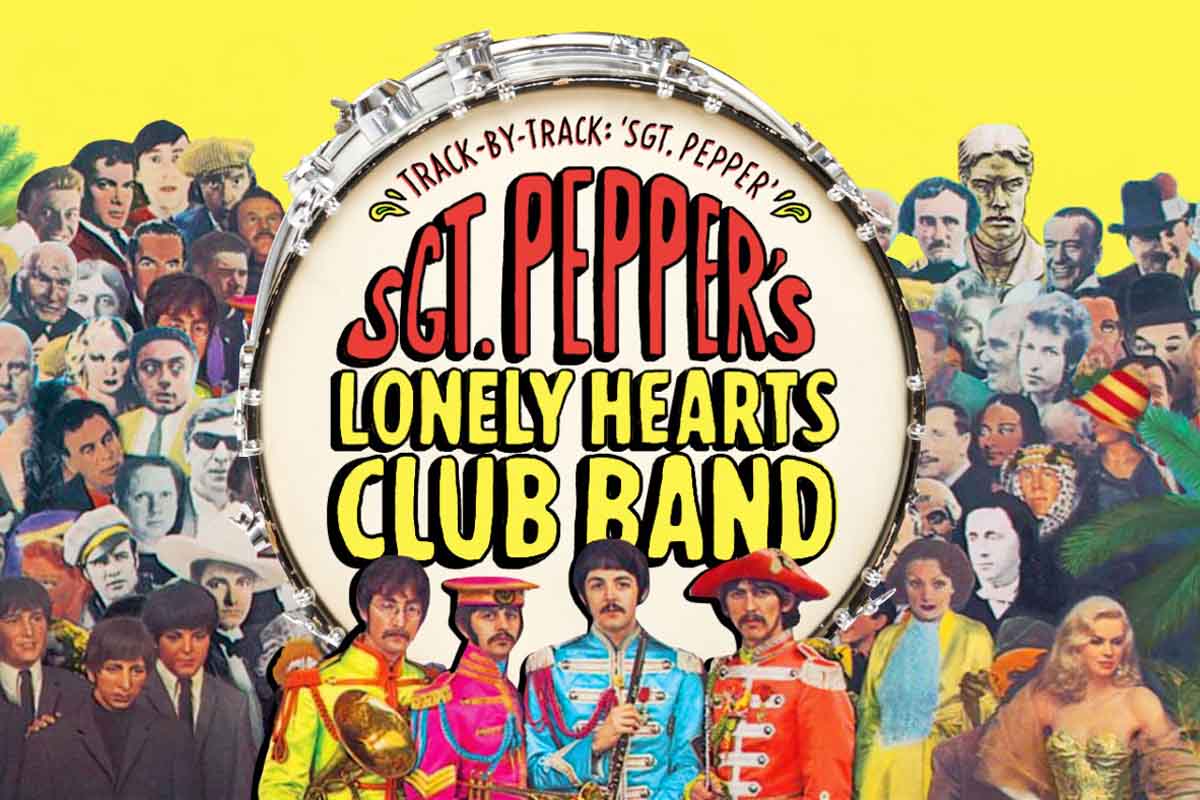
Robert Stigwood assembled an all-star team for the production of Sgt. Pepper’s Lonely Hearts Club Band. The film was directed by Michael Schultz, who had previously directed ‘Car Wash’ and ‘Cooley High.’ The Bee Gees and Peter Frampton were tapped to play the members of the titular band, with additional roles played by a mix of musicians and actors, including Steve Martin, Aerosmith, Alice Cooper, Earth, Wind & Fire, and Billy Preston. George Martin, the Beatles’ longtime producer, was even brought on board to arrange and produce the music.
Despite this impressive roster of talent, the film suffered from a lack of cohesion and direction. The production was plagued by clashes between the musicians and the filmmakers, with many feeling that the project was spiraling out of control. By the time the movie hit theaters, it was clear that the impressive ensemble had failed to save it from disaster.
Unavoidable Failure
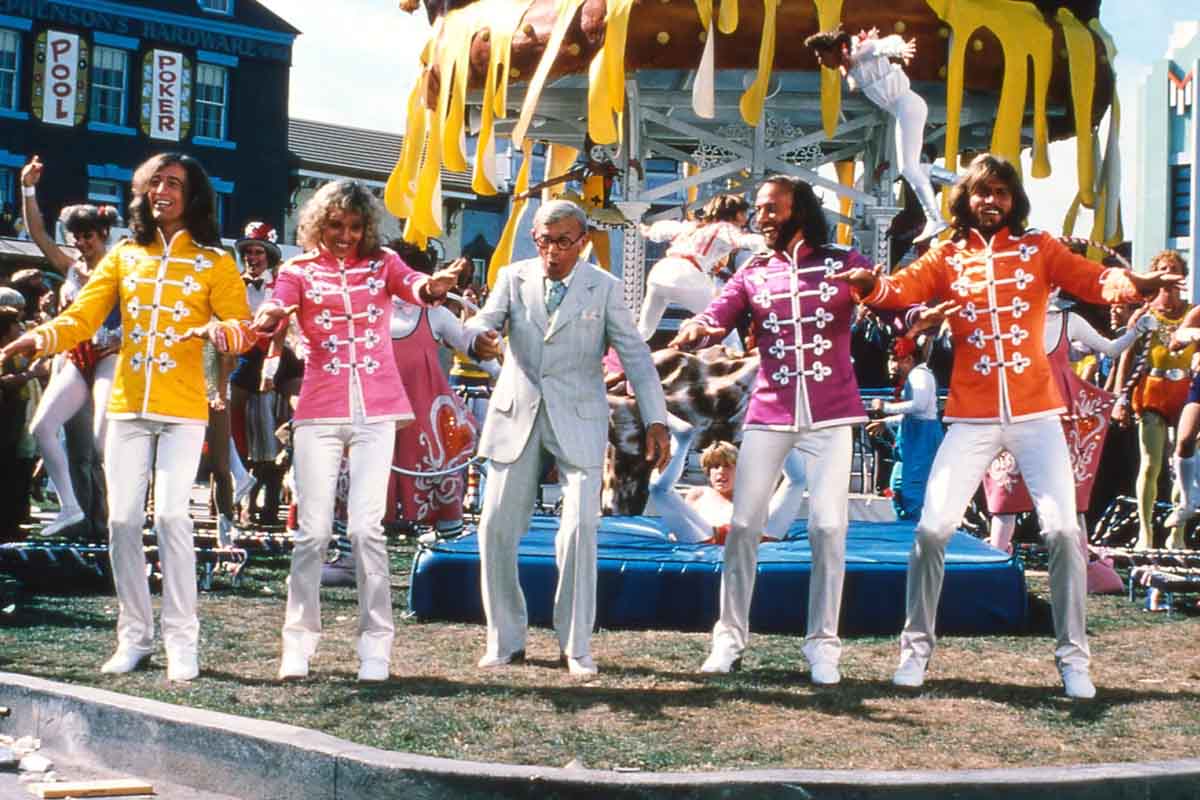
The failure of Sgt. Pepper’s Lonely Hearts Club Band can be attributed to several factors. First, the screenplay strayed too far from the source material, resulting in a confusing and disjointed story. Second, the movie’s extravagant production and musical numbers felt more like a series of disjointed set pieces than a cohesive film. Lastly, the combination of rock and disco styles alienated fans of both genres, leaving the movie without a clear target audience.
Moreover, the film’s release in 1978 coincided with the beginning of the end of the disco era, and the public was growing tired of the Bee Gees’ dominance on the charts. This, combined with negative reviews from critics, sealed the film’s fate as a colossal flop.
All The Negative Reception
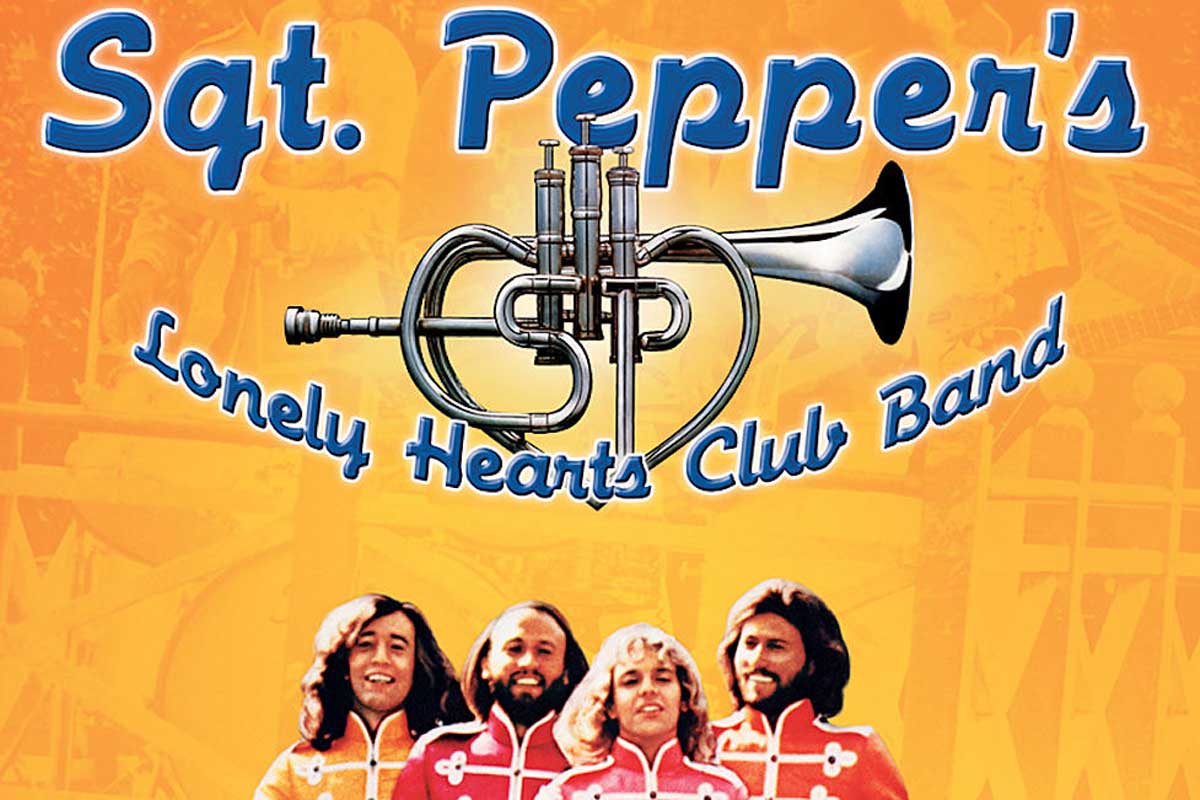
The reaction to Sgt. Pepper’s Lonely Hearts Club Band was overwhelmingly negative. Critics panned the film for its weak storyline, excessive musical numbers, and lack of chemistry between the leads. The New York Times called it ‘a film with a dangerous resemblance to wallpaper,’ while other reviews described it as a ‘ghastly mess’ and a ‘cinematic disaster.’ Audiences, too, were unimpressed, and the movie quickly vanished from theaters.
Even the musicians involved in the project expressed regret. The Bee Gees later admitted that participating in the film was a mistake, and Peter Frampton’s career took a significant hit as a result of the movie’s failure. The Beatles themselves never endorsed the film, and it is often viewed as a misguided attempt to capitalize on their legacy.
In retrospect, Sgt. Pepper’s Lonely Hearts Club Band serves as a cautionary tale about the dangers of ambition unchecked by a solid foundation. Despite the wealth of talent involved, the movie’s disjointed narrative, over-the-top production, and poor timing led to its ultimate downfall. Today, the film is remembered as a curious footnote in the careers of the Bee Gees, Peter Frampton, and all who were associated with the project, serving as a stark reminder that even the brightest stars can sometimes stumble in the unpredictable world of show business.

